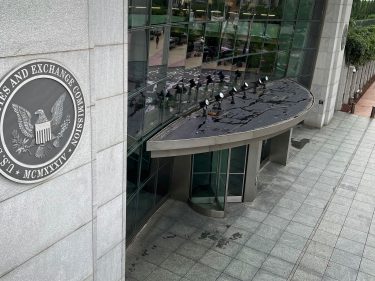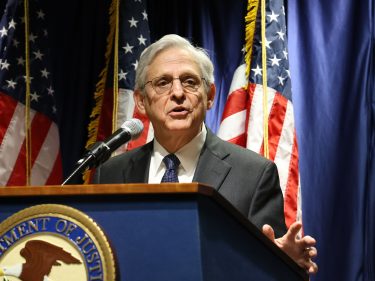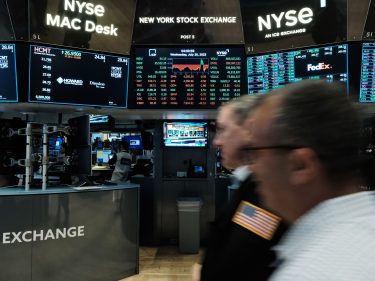NEW YORK — U.S. Securities and Exchange Commission (SEC) Chairman Gary Gensler said he thinks it’s unlikely that bitcoin (BTC) or other cryptocurrencies will ever be widely used as a form of payment and, instead, will continue to be seen as more of a store of value.
Speaking at an event at NYU School of Law in Manhattan on Wednesday, Gensler responded to a question from an attendee about what the value of cryptocurrency – which was created to be separate from any government – would be to its users if totally brought into the regulatory fold.
Gensler said that the agency is “merit neutral” and the investing public will get to decide – “through disclosures” if there’s a utility for any given cryptocurrency.
“But I did teach this stuff up at MIT and so forth, so I’m just going say this – these debates literally go back to Plato and Aristotle,” he said. “This is 3,000 years of history. Hundreds of great nations, thousands of nation-states – we tend to have one currency per geographic economic state. We tend even not to have bimetallism.”
Gensler cited Gresham’s law – a monetary principle dating back to the 19th century that asserts that “bad money drives out the good” – and added that nations typically want just a single currency.
“You want one currency unit because it’s a store of value, a medium of exchange, a unit of account. It all has tremendous economics of networks,” Gensler said. “So it’s unlikely this stuff is going to be a currency. It’s going to have to show its value through disclosure, through use. … The same way you pick amongst the thousands of securities that are listed on the stock exchange.”
During the wide-ranging conversation with NYU Law Professor Robert Jackson, Gensler defended his agency’s track record of aggressive enforcement actions against crypto companies.
“Without a cop on the beat, will all our laws be enforced?” Gensler asked. “It’s something about human nature. In finance … we play near to the line. … We sometimes need to bring the enforcement actions to bring people back to the right side of the line.”
He said that the crypto industry was rife with “a lot of fraudsters, a lot of grifters, a lot of scams,” adding: “With all respect, the leading lights of this field in [2024] are either in jail or awaiting extradition right now.”
Gensler added that he sees no need for additional regulatory framework beyond the one granted by the Supreme Court in 1940: the Howey Test.
“If anybody is wondering whether [they] might meet this time-tested test of what is an investment contract … think about it this way, who is signing the engagement letter with your law firm? There’s a central enterprise, somebody is signing that engagement letter. Who is tapping on the door of the broker-dealer saying, ‘Can you make a market in my particular asset?’ It belies logic that there’s no common enterprise at most,” Gensler said.
Gensler declined to comment on how the upcoming presidential election could impact the SEC, or whether he would step down if former President Trump were to win re-election.




